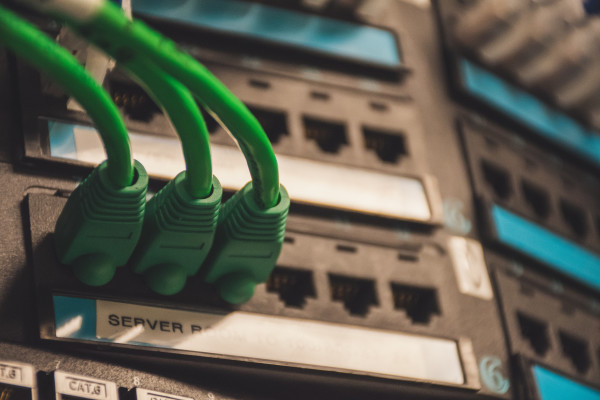

The past year has seen several high profile deals involving private equity firms buying platforms - with several private equity firms now owning multiple platforms.
During 2021 AnaCap bought Novia and Wealthtime, James Hay's owner Epiris bought Nucleus, and Preservation Capital Partners bought Parmenion .
Darius McDermott, managing director at Chelsea Financial Services, warned that mergers and acquisitions in the PE and platform space would not necessarily lead to efficiencies and, in fact, could be problematic.
He said: “If you own more than one platform you may wish to merge them to get efficiencies, such as when Interactive Investor bought Share Centre and Equinty.
“That said, there are always costs associated with trying to merge technologies or migrate clients from one platform to another.
“When you migrate an existing book of business from one platform to another, it's fraught with risk. It's normally badly executed. And it costs a lot of money. So M&A doesn’t necessarily lead to efficiency, per se.”
McDermott said rather than being about efficiencies, M&A in this space was about acquiring distribution channels as part of buy-and-build strategies, which enable companies to sell platforms for larger amounts.
It might not mean the platforms became more efficient, but it did mean they became more valuable.
“For example, II sold for an eye-watering amount [£1.5bn],” said McDermott. “Abrdn already had the platform; it was all about distribution.
“Private equity bought part of II [JC Flowers & Co], bulked it up and then bought more platforms before selling it. It was a huge amount they got for it based on II’s profits [£45.5m in 2020].”
With this sort of acquisitive model being a proven process, McDermott expects others to follow suit in their strategies to achieve similar valuations to that of II's.
Economies of scale?
Justin Blower, sales director at M&G, said a combination of attractive valuations and healthy growth projections for wealth management – especially in the retirement market – was behind the “explosion” in private equity activity in the platform space.
But he added: “More unclear is what it means for the future, given that private equity tends to take a three- to five-year view of its investments.
“Or indeed what it means for pricing and value for money: a lot has been said about PE firms being able to strip away inefficiency and build greater economies of scale, but the market is already seeing some pricing elements being raised-post PE acquisition.
“It’s early days but it will be interesting to see how private equity will deliver greater value to advisers or the end-client.”
While Blower doesn’t cite specific examples of platforms, Parmenion is one example of a platform which has raised its prices last year post-PE acquisition.
Platforms 'will pay dividends'
Ben Hammond, platforms director at Altus, said it was “unusual” for platforms to raise their prices months after an acquisition.
“Sometimes it's about levelling up the pricing,” he explained. “So there will absolutely be a reason to do it. It's unusual even when it comes to private equity, because normally, especially in the early days, the reason for a PE firm buying a platform, they’ll have cash to inject.”
Hammond continued: “Jumping to increase your pricing when it’s not common within an industry is a bit of a brave thing to do. [...] But it might also be that a platform is particularly good value and wants to level up its offering in the market.”
There is profit to be made in the platform market, according to Hammond, who highlighted the reason PE firms were sitting up and taking noted was because "there is value in the industry".
Even if it starts off slim on a smaller platform, a cash injection - be that from floating, or from a PE firm - “will pay dividends down the line”, he added.
ruby.hinchliffe@ft.com



